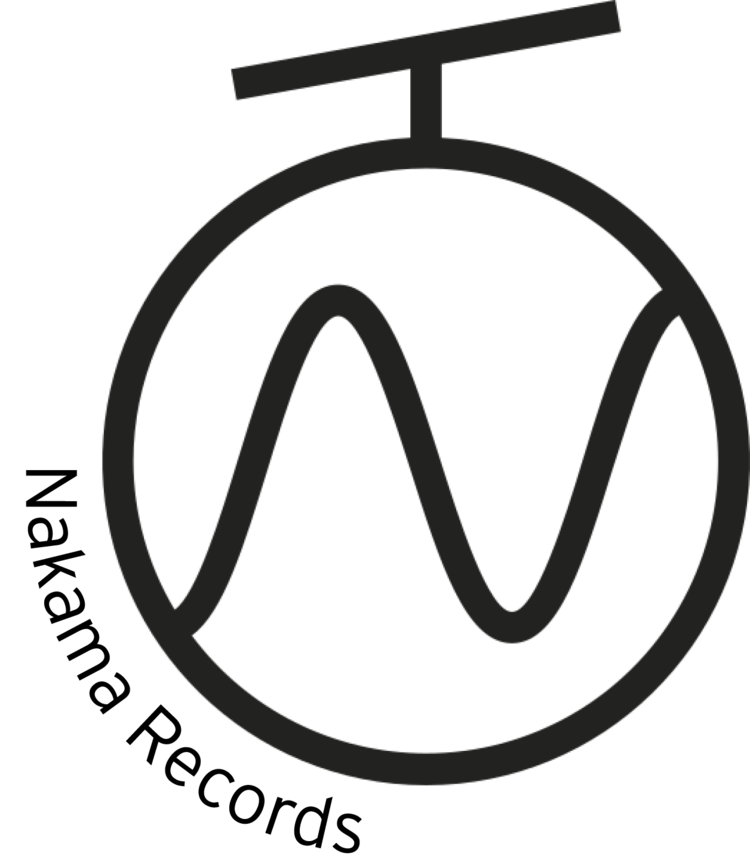Nakama — Before the Storm
Nakama — Before the Storm
CATALOGUE NO: NKM001CD/LP
BARCODE: CD 7090040250001, LP 7090040250018
RELEASE DATE: 1. December 2015
FORMAT: CD, LP, digital download, streaming
RECORDED: Rainbow Studio, Oslo October 2015, Jan Erik Kongshaug/Peer Espen Ursfjord
MIXED/MASTERED: Peer Espen Ursfjord
PRODUCED: Christian Meaas Svendsen, Andreas Wildhagen
«Before the Storm» features four original compositions by Nakama’s leader Christian Meaas Svendsen. The album is the group’s first recording, and can be summed up as an investigation of sound related to silence through a minimalistic approach to both written and improvised material. The tracks on the recording are four attempts to define the nature of what we normally define as silence, and present at the same time a musical idiom of a band that operates on the outside of conventional borders.
TRACK LIST
1. Gyodo
2. Empty Day
3. Yugen
4. End Point
PERSONNEL
Adrian Løseth Waade - violin
Ayumi Tanaka - piano
Andreas Wildhagen - drums
Christian Meaas Svendsen - bass, compositions
Download directly from subradar
REVIEWS
Eyal Harueveni - Salt peanuts
The japanese word Nakama – 仲間 – may be translated as a ‘colleague’ or ‘comrade’. Nakama is also Oslo-based new musicians collective and a label, founded in 2015, with a declared philosophy to create a non- hierarchical setting for its musicians and to suggest «interesting, groundbreaking, alternative music». Nakama is also a quartet led by bass player and composer Christian Meaas Svendsen and consists of his partner in the groups Mopti, Knyst! and Paal Nilssen-Love Large Unit, drummer Andreas Wildhagen; Japanese pianist Ayumi Tanaka, whose trio features Svendsen; and violinist Adrian Løseth Waade.
The debut album of this label and of the Nakama quartet is far from any previous recorded project of Svendsen, including his solo one («M/W», Va Fongool, 2013). The four compositions blend elements of free jazz distilled through Japanese traditional, ceremonial music and minimalist compositional techniques, using silence as a factor that determines the music flow and course.
The ritualistic, 18-minutes «Gyōdō» (after the Buddhist ceremony) demonstrates Nakama ambitious, experimental sonic vision. It is developed in a highly disciplined manner where the bass, violin and drums sketch a repetitive, minimalist drone while the piano slowly shines out of this gravely articulated drone, reinforcing the intense, ceremonial vein. «Empty Day» explores delicate, quiet overtones of the violin and bass between abrupt silent segments, demanding new sensitivity to the spectrum between silence and sound. «Yūgen» (after the Japanese aesthetic concept that describes the subtle profundity of things), is a short, silent piece, disturbed only by minimalist, sparse touches of the instruments. The last «End Point» is the only piece that suggests fragments of a lyrical melody amid the tension explored between the focused, fleeting played parts and the silences.
Bold and fascinating
Seba - SRCZ magazine
A drum beat can last only a fraction of a moment, just as a single keystroke on a piano can open up a whole other avenue in a composition. But sometimes they can lead you to music that really captures the imagination in the most subtle of ways.
I’ll be honest; the only reason I came across Nakama’s album ‘Before the Storm’ was because of doing some musical research one recent evening. It came with no press release, no formal announcement of its intentions merely single drum beat. These stormy and claustrophobic soundscapes bubble over with an indefinable tension without ever unleashing the thunder that traditionally accompanies such moments. They seem to represent a sound driven stream of consciousness that is so tense on occasion the silence even worries you.
Listen to the third piece, Yugen, a three minute, extremely sparse sound experiment that begins with something that haunts most people. That is, silence. Utter silence. The notes come, spaced out over tense moments of calm that soon radiate a compelling reason to not do anything but contemplate the world for a few minutes as the storm clouds pass.
The pattern continues into End Point. Slightly less sparse in its arrangements, with fractured piano strokes and singular notes making for an extremely interesting use of space and silence within music. This is less jazz, even modern jazz seems too direct a label for this beautifully played music. These are, rather, impressionistic soundscapes played with an extremely good ear for the sonic beauty of natural silence. This quartet is certainly one to watch, with an extremely developed sound and an absolutely compelling film score -experimental aesthetic at play. Once you get past the seriously atmospheric, almost tribal sounding, reach of opener Gyodo, a seventeen minute epic that never stops being interesting, there is much to gain from the introspective, open ended conversation this music starts with your mind.

